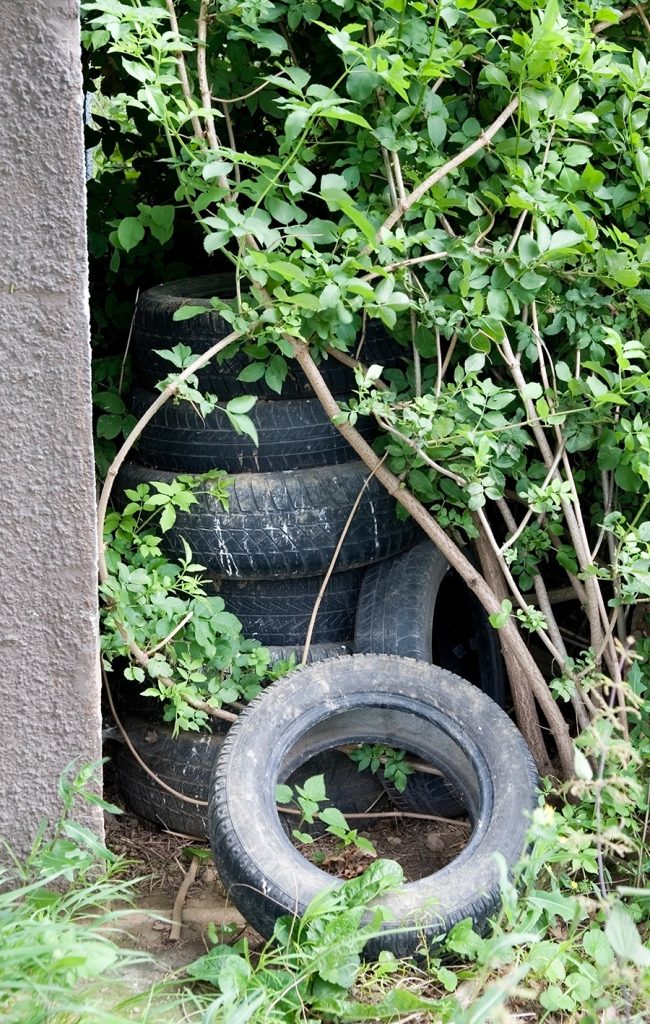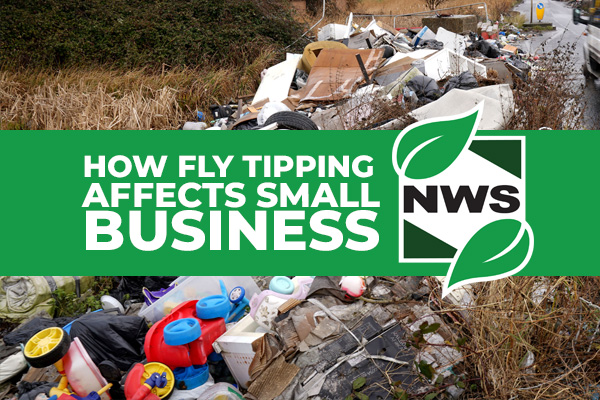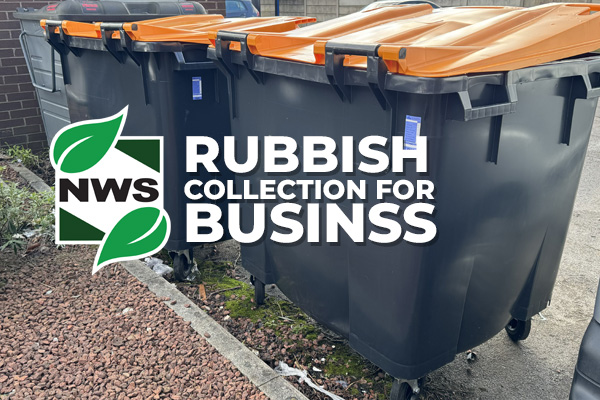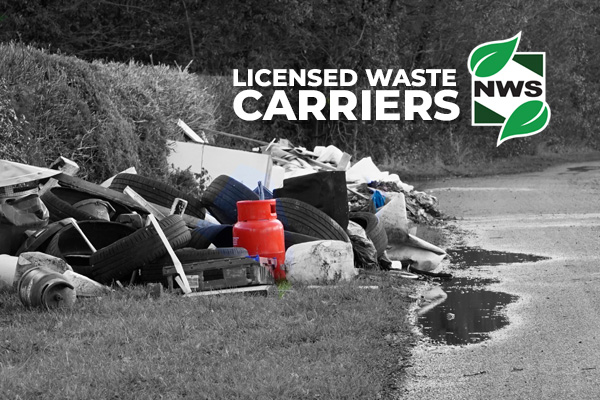Introduction
Fly tipping—the illegal dumping of waste—is a growing menace that affects not only our environment but also the livelihoods of small businesses. As the climate crisis looms large, unscrupulous waste carriers exploit gaps in the system. Endangering our planet and undercutting legitimate waste management services. In this article, we delve into the fly tipping crisis and how Fly tipping affects small business. Its consequences, and actionable steps to combat it.
The Scale of the Problem
- Incident Numbers: In England alone, nearly one million cases of fly tipping were recorded between April 2019 and March 20201. This figure is alarming and demands urgent attention.
- Household Waste: Approximately 61% of fly tipping incidents involve household waste2. From a single bag of rubbish to entire van loads, domestic waste is a significant contributor.
- Financial Burden: The cost of clearance to local authorities in England exceeds £10 million per year1. Taxpayers bear this burden, affecting public services and community resources.

Environmental Impact
- Rural and Urban Consequences:
- Rural Areas: Fly tipping on farmland poses risks to livestock and crops. Soil-contaminating chemicals endanger both the environment and human health.
- Urban Areas: Discarded waste attracts vermin, spreads disease, and blights our neighborhoods.
- Wildlife and Biodiversity:
- Dumped items in rivers and lakes harm fish, ducks, birds, and other species.
- Toxic chemicals leach into the environment, poisoning habitats.
- Undermining Legitimate Waste Businesses:
- Unscrupulous operators undercut law-abiding waste businesses, evading disposal costs.
- Legitimate waste carriers suffer, compromising their ability to provide essential services3.
The Role of Small Businesses
- Farmers and Landowners: Two-thirds of farmers and landowners are affected by fly tipping4. Hazardous chemicals and asbestos endanger workers, wildlife, and the environment.
- Financial Strain: The cost of disposing of one tonne of waste averages £105 in landfill tax and gate fees5. Small businesses often operate on tight budgets. The cost of legally disposing of waste can be substantial. With landfill taxes and gate fees averaging around £105 per tonne, some small businesses find themselves financially strained. Unfortunately, this financial pressure may lead to desperate measures, including resorting to illegal dumping as a cost-saving strategy. In summary, small businesses are both victims and unwitting contributors to the fly tipping crisis. Addressing this issue requires collaborative efforts, education, and targeted support to ensure responsible waste management practices across all sectors.
Solutions and Action Steps
To combat fly tipping in the UK, a multifaceted approach is essential. Stricter sentencing and enforcement, coupled with educational campaigns, play a crucial role. Additionally, free disposal of DIY waste encourages responsible practices. Leveraging technology for reporting incidents and funding innovative projects further strengthens our fight against illegal dumping. Together, we can protect our environment and communities from this growing menace. Reducing the way Fly tipping affects small business.

- Education and Awareness:
- Raise public awareness about the impact of fly tipping.
- Educate businesses and individuals on responsible waste disposal.
- Stricter Enforcement:
- Increase penalties for fly tipping offenders.
- Collaborate with law enforcement agencies to tackle large-scale dumping.
- Community Engagement:
- Encourage reporting of fly tipping incidents.
- Foster partnerships between local authorities, businesses, and residents.
- Promote Legal Waste Carriers:
- Highlight the importance of using licensed waste carriers.
- Support legitimate waste management services.
Conclusion
Fly tipping is not just an environmental issue; it’s a threat to our communities and businesses. By working together, we can combat this crisis, protect our planet, and ensure a sustainable future for all.
For more information and resources, visit Nationwide Waste Services.
Note: The statistics mentioned in this article are sourced from the Department for Environment, Food & Rural Affairs and other reputable sources321.









